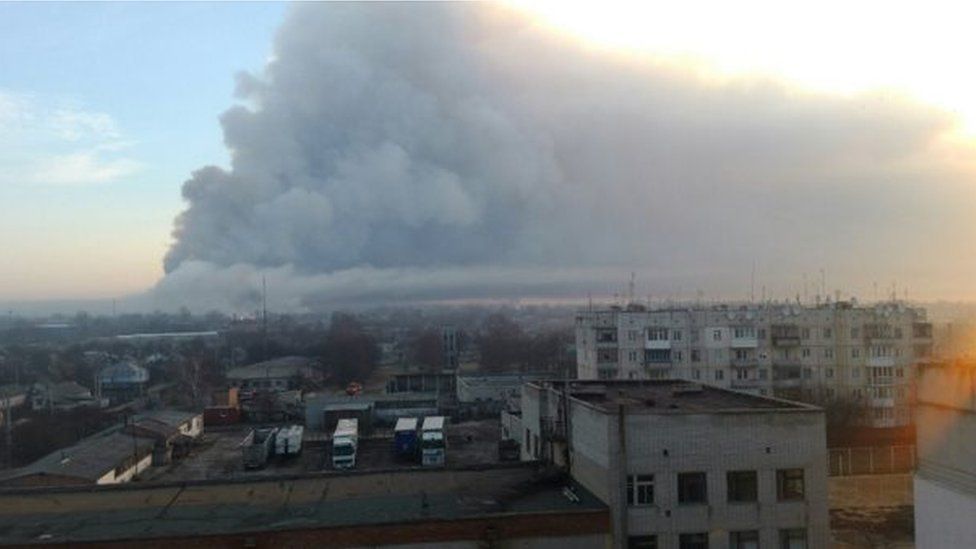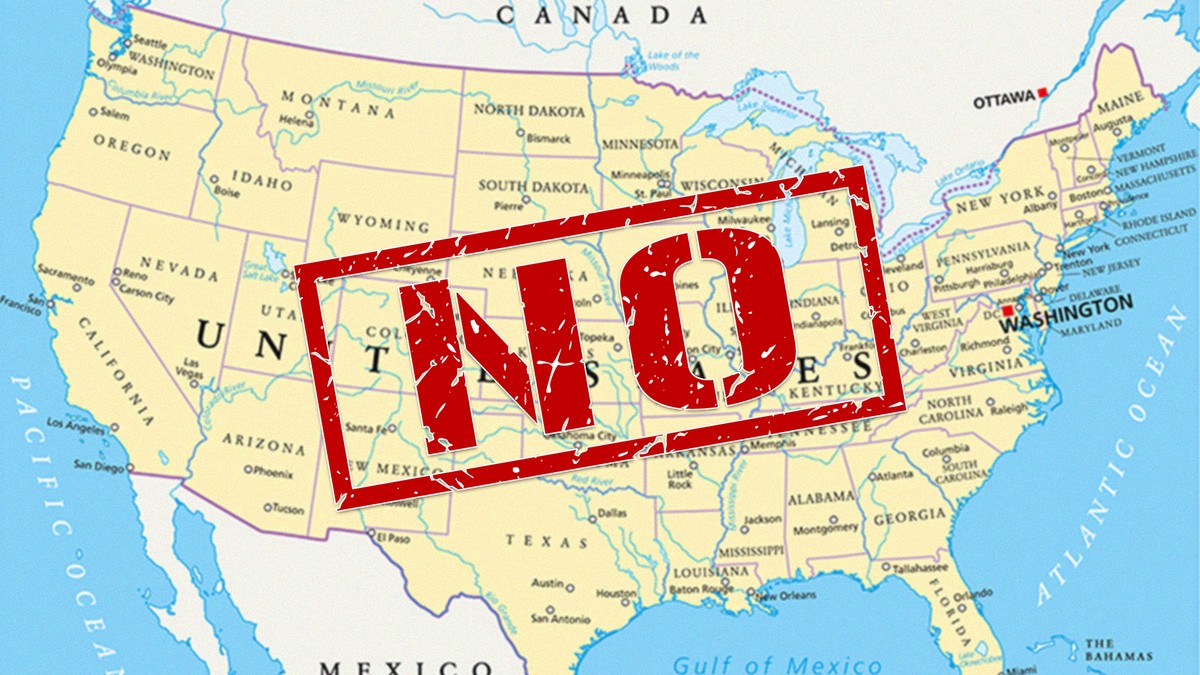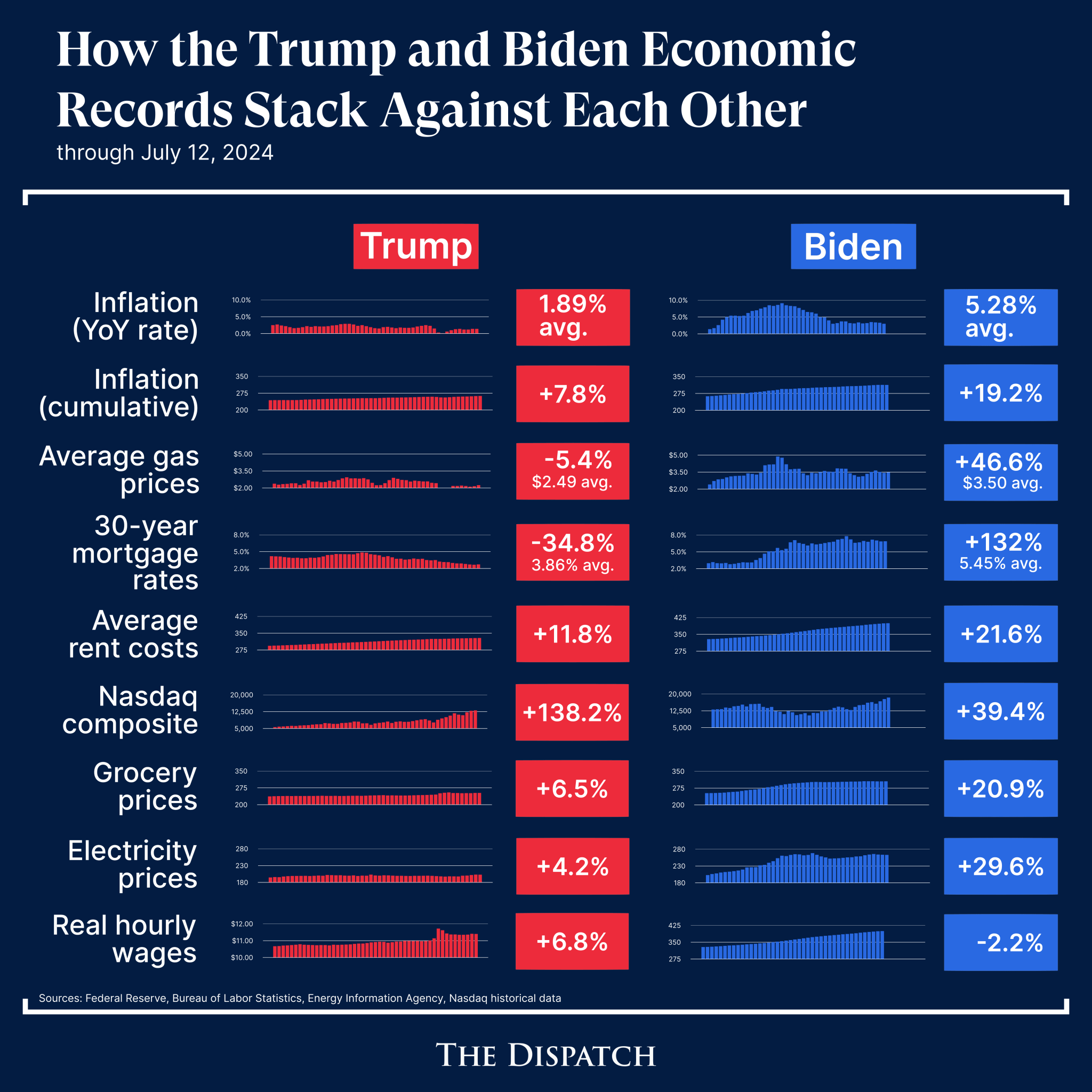Anti-Trump Sentiment Divides Canada: Alberta's Exception

Table of Contents
Nationwide Anti-Trump Sentiment: A Deep Dive
The dominant anti-Trump sentiment across much of Canada stemmed from a confluence of factors, primarily rooted in differing political alignments and policy disagreements.
Political Alignment and Opposition
Trump's policies directly contradicted the generally progressive political landscape of most Canadian provinces. His "America First" approach clashed with Canada's emphasis on international cooperation and multilateralism.
- Trade Wars: Trump's threats of tariffs and his withdrawal from the Trans-Pacific Partnership (TPP) deeply concerned Canadian businesses reliant on trade with the US. This fueled anxieties about economic stability and the future of the Canada-US relationship.
- Environmental Policies: Trump's rejection of the Paris Agreement on climate change and his rollback of environmental regulations sparked widespread outrage among environmentally conscious Canadians. This resonated particularly strongly in provinces with a focus on environmental protection.
- Immigration Policies: Trump's controversial immigration policies, including the "travel ban," were widely condemned in Canada as discriminatory and inhumane. This further solidified the negative perception of his administration amongst many Canadians.
- Public Condemnation: Prominent Canadian politicians, from Prime Minister Justin Trudeau onwards, frequently voiced their criticisms of Trump's policies, reinforcing the widespread disapproval.
Canadian Media's Portrayal of Trump
Canadian media outlets overwhelmingly presented a negative portrayal of Trump and his administration, significantly shaping public opinion.
- Negative Framing: News coverage frequently highlighted Trump's controversial statements, erratic behaviour, and questionable policies. This consistent negative framing contributed to a widespread negative perception.
- Bias and Patterns: While journalistic objectivity is always strived for, the overwhelmingly negative portrayal across various media outlets suggests a pattern reflective of the prevalent sentiment in much of the country.
- Social Media Amplification: Social media played a crucial role in amplifying and disseminating negative opinions about Trump, further solidifying anti-Trump sentiment amongst Canadians.
Alberta's Unique Perspective: Understanding the Exception
While much of Canada displayed strong anti-Trump sentiment, Alberta's response was notably different, shaped by a unique combination of economic factors, political climate, and regional identity.
Economic Ties and Energy Policy
Alberta's significant economic dependence on the US energy sector played a crucial role in shaping its perspective on Trump. While many across Canada saw his policies as detrimental, some in Alberta perceived potential benefits.
- Keystone XL Pipeline: Trump's initial approval of the Keystone XL pipeline, crucial for transporting Alberta oil to US refineries, was seen by some as a positive step for the Alberta economy. This perception contrasted sharply with the widespread opposition to the pipeline in other parts of Canada.
- Deregulation: Trump's deregulation policies, while environmentally controversial elsewhere, were viewed by some in Alberta's energy sector as potentially boosting oil and gas production and exports.
- Economic Optimism: The perceived economic benefits associated with some of Trump's policies fostered a more positive, or at least less negative, view of his presidency amongst a segment of the Albertan population.
Conservative Political Landscape
Alberta's predominantly conservative political climate created fertile ground for a more sympathetic view towards certain aspects of Trump's platform.
- Provincial Political Alignment: Alberta's conservative political parties often aligned with some of the Republican Party's positions, leading to a certain degree of ideological sympathy with Trump's stances on issues such as energy and regulation.
- Conservative Media Influence: Conservative media outlets in Alberta often presented a more balanced or even positive perspective on Trump's policies, offering a counter-narrative to the dominant national discourse.
- Policy Alignments: Some Albertans found common ground with Trump's emphasis on economic growth and deregulation, despite other significant differences.
Regional Identity and Nationalism
A strong sense of regional identity and Albertan nationalism contributed to a distinct perspective on Trump and the federal government.
- West vs. East Divide: The long-standing "West vs. East" divide in Canadian politics played a role, with some Albertans perceiving the federal government as unresponsive to their economic interests. This created a context where a perceived ally in Trump, regardless of his other policies, was seen more favorably.
- Perceived Federal Neglect: Some Albertans felt that the federal government did not adequately address their concerns regarding energy policy, leading to a feeling of alienation and a more open attitude towards a US president perceived as potentially more supportive of their interests.
Conclusion: Anti-Trump Sentiment in Canada – A Complex Picture
The anti-Trump sentiment in Canada presented a complex picture, marked by a significant provincial divide. While much of the country expressed strong opposition, Alberta's response was far more nuanced, shaped by its economic reliance on the US energy sector, its conservative political landscape, and a strong regional identity. Understanding this provincial exception requires analyzing the interplay of these economic, political, and regional factors. To further explore the complexities of Canada-US relations during this period, delve into resources on Canadian political geography, the dynamics of Alberta's energy sector, and the broader impact of US policies on Canada. Continue to explore and understand anti-Trump sentiment and the Alberta exception for a more complete view of this fascinating period in Canadian-American relations.

Featured Posts
-
 Controversial Mafs Groom Sam Carraros Unexpectedly Short Love Triangle Appearance
Apr 27, 2025
Controversial Mafs Groom Sam Carraros Unexpectedly Short Love Triangle Appearance
Apr 27, 2025 -
 Celebrity Style Examining Ariana Grandes Recent Transformation
Apr 27, 2025
Celebrity Style Examining Ariana Grandes Recent Transformation
Apr 27, 2025 -
 February 16 2025 Open Thread Your Thoughts And Ideas
Apr 27, 2025
February 16 2025 Open Thread Your Thoughts And Ideas
Apr 27, 2025 -
 Pfc Announces Fourth Dividend For Fy 25 Details On March 12th
Apr 27, 2025
Pfc Announces Fourth Dividend For Fy 25 Details On March 12th
Apr 27, 2025 -
 Moscow Region Bombing Russia Points Finger At Ukraine General Killed
Apr 27, 2025
Moscow Region Bombing Russia Points Finger At Ukraine General Killed
Apr 27, 2025
Latest Posts
-
 Assessing The Economic Fallout The Canadian Travel Boycott And The Us
Apr 28, 2025
Assessing The Economic Fallout The Canadian Travel Boycott And The Us
Apr 28, 2025 -
 The Us Economy Under Pressure Assessing The Impact Of The Canadian Travel Boycott
Apr 28, 2025
The Us Economy Under Pressure Assessing The Impact Of The Canadian Travel Boycott
Apr 28, 2025 -
 Auto Dealers Push Back Against Mandatory Ev Quotas
Apr 28, 2025
Auto Dealers Push Back Against Mandatory Ev Quotas
Apr 28, 2025 -
 Cybercriminals Office365 Exploit Millions In Losses Reported
Apr 28, 2025
Cybercriminals Office365 Exploit Millions In Losses Reported
Apr 28, 2025 -
 Execs Office365 Accounts Targeted Millions Made In Cybercrime Feds Reveal
Apr 28, 2025
Execs Office365 Accounts Targeted Millions Made In Cybercrime Feds Reveal
Apr 28, 2025
